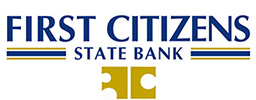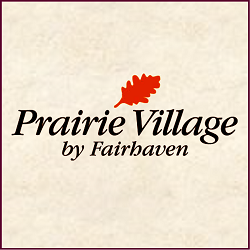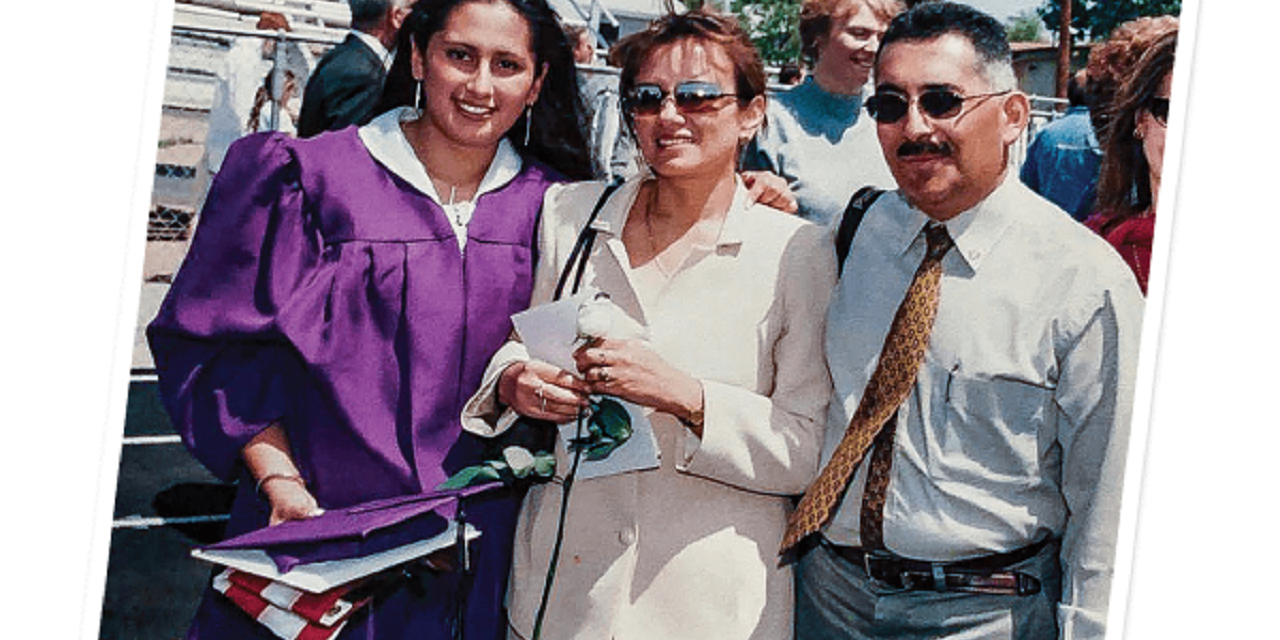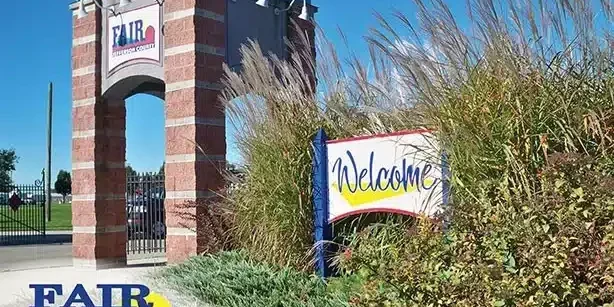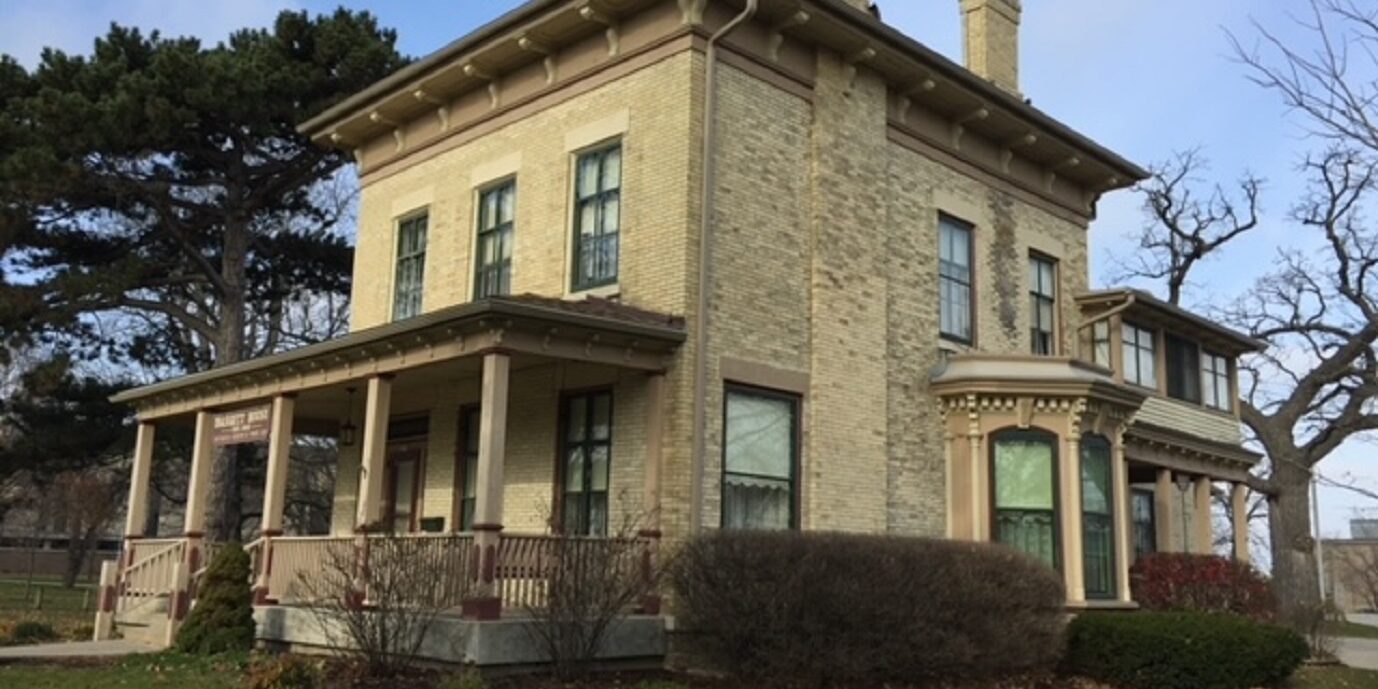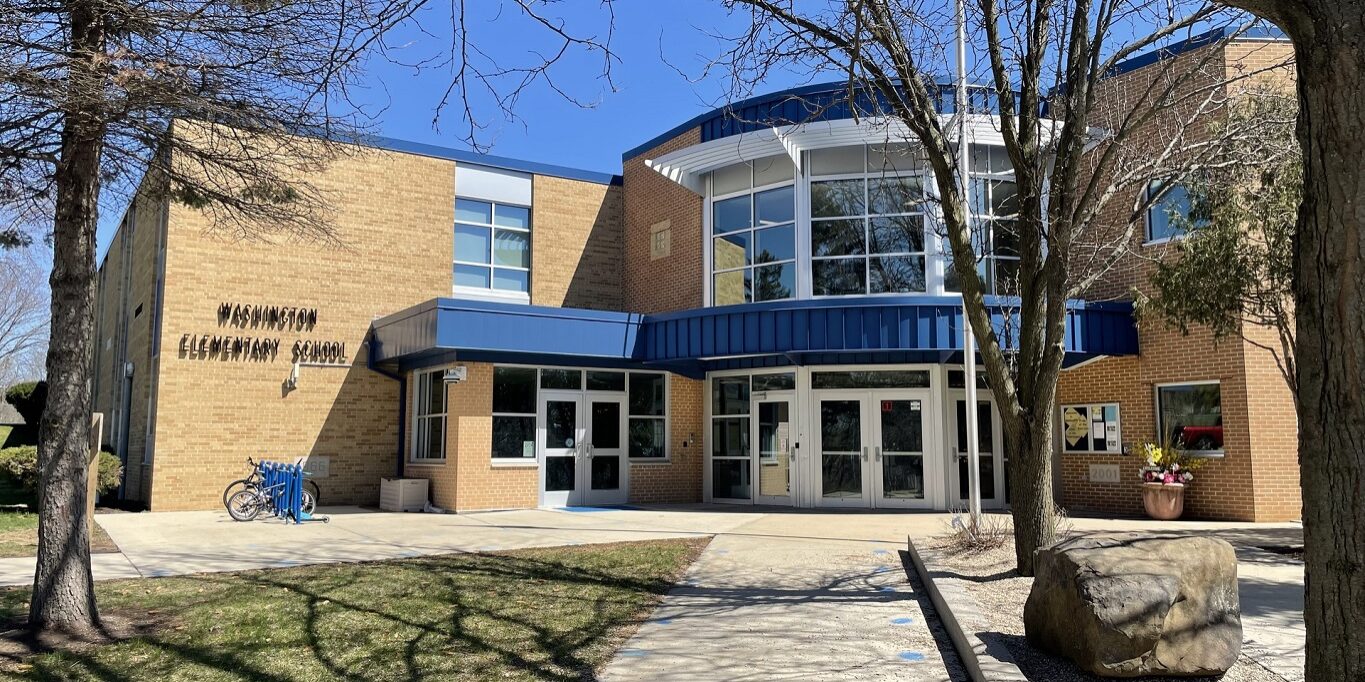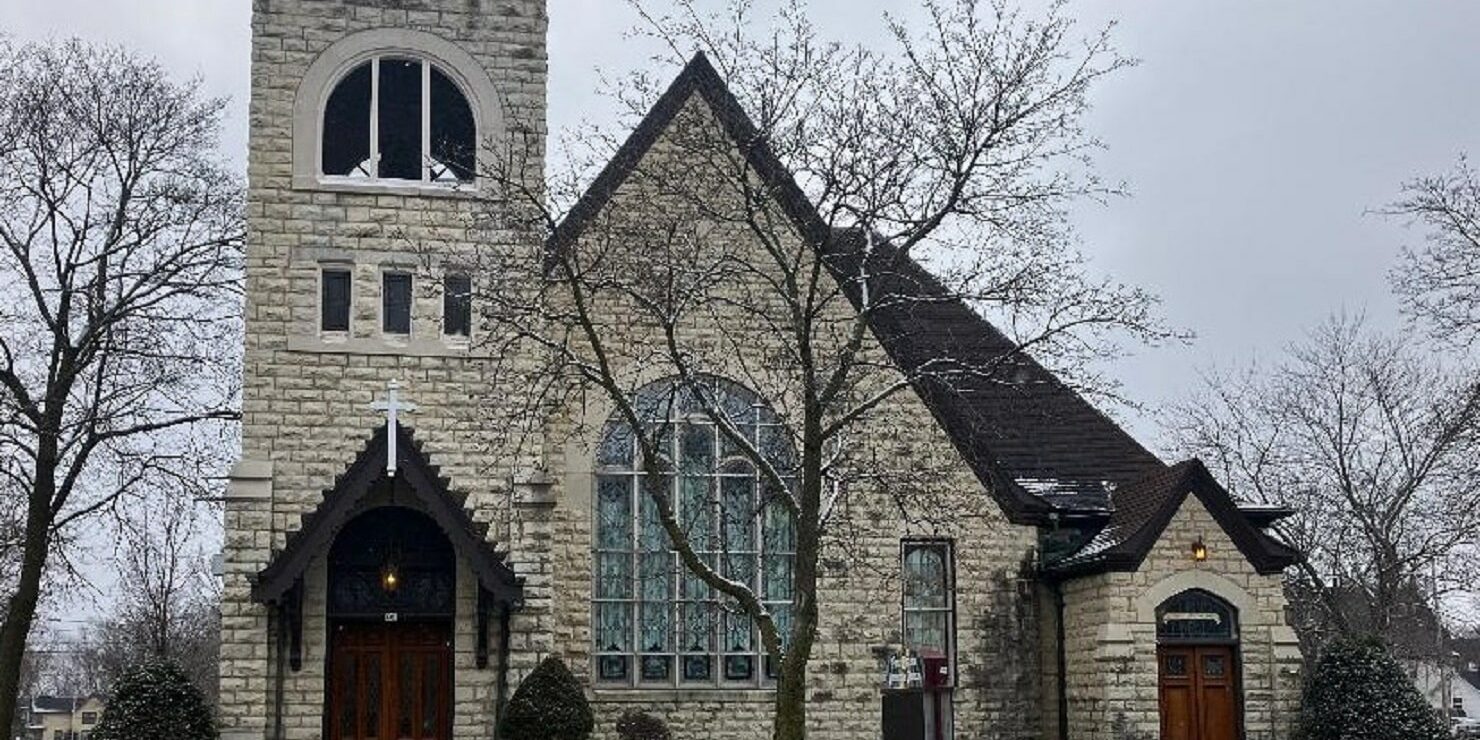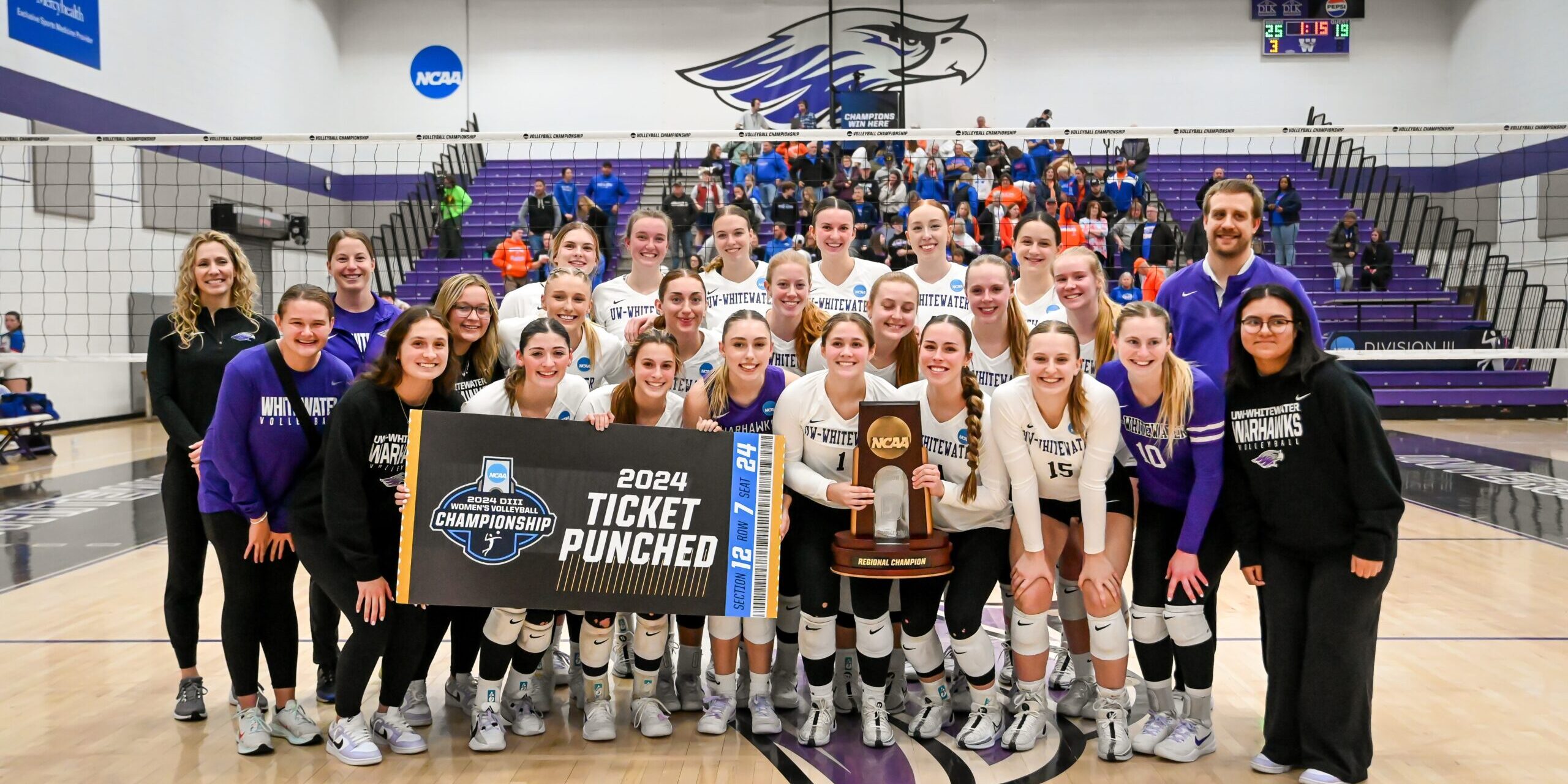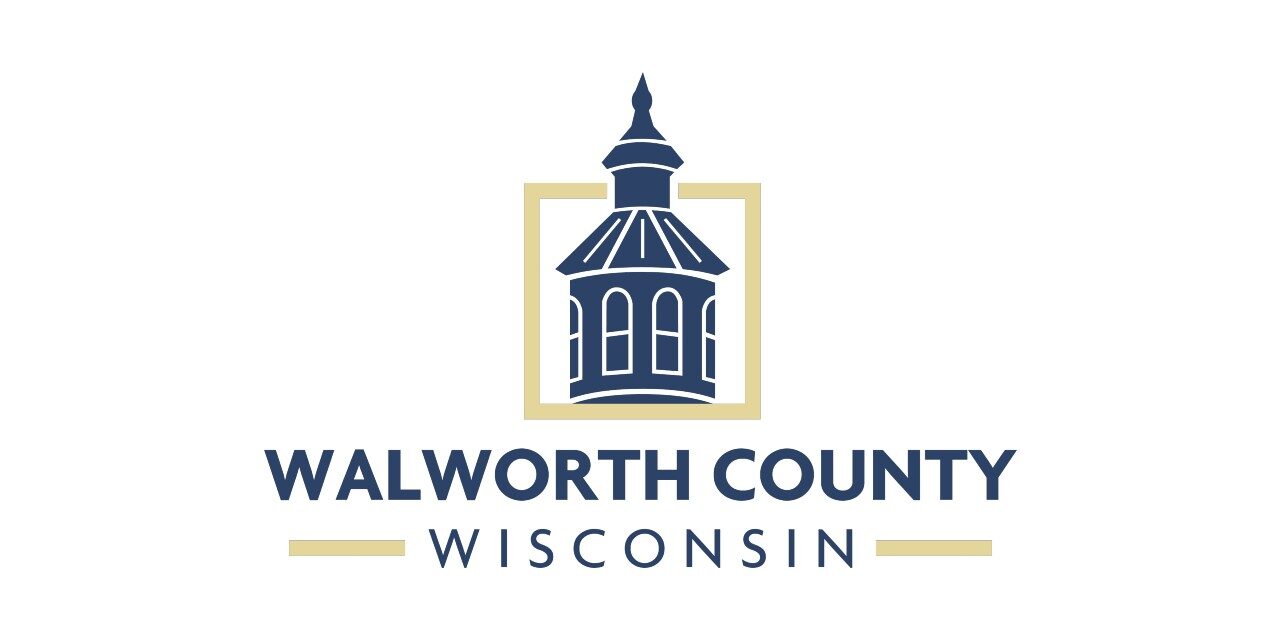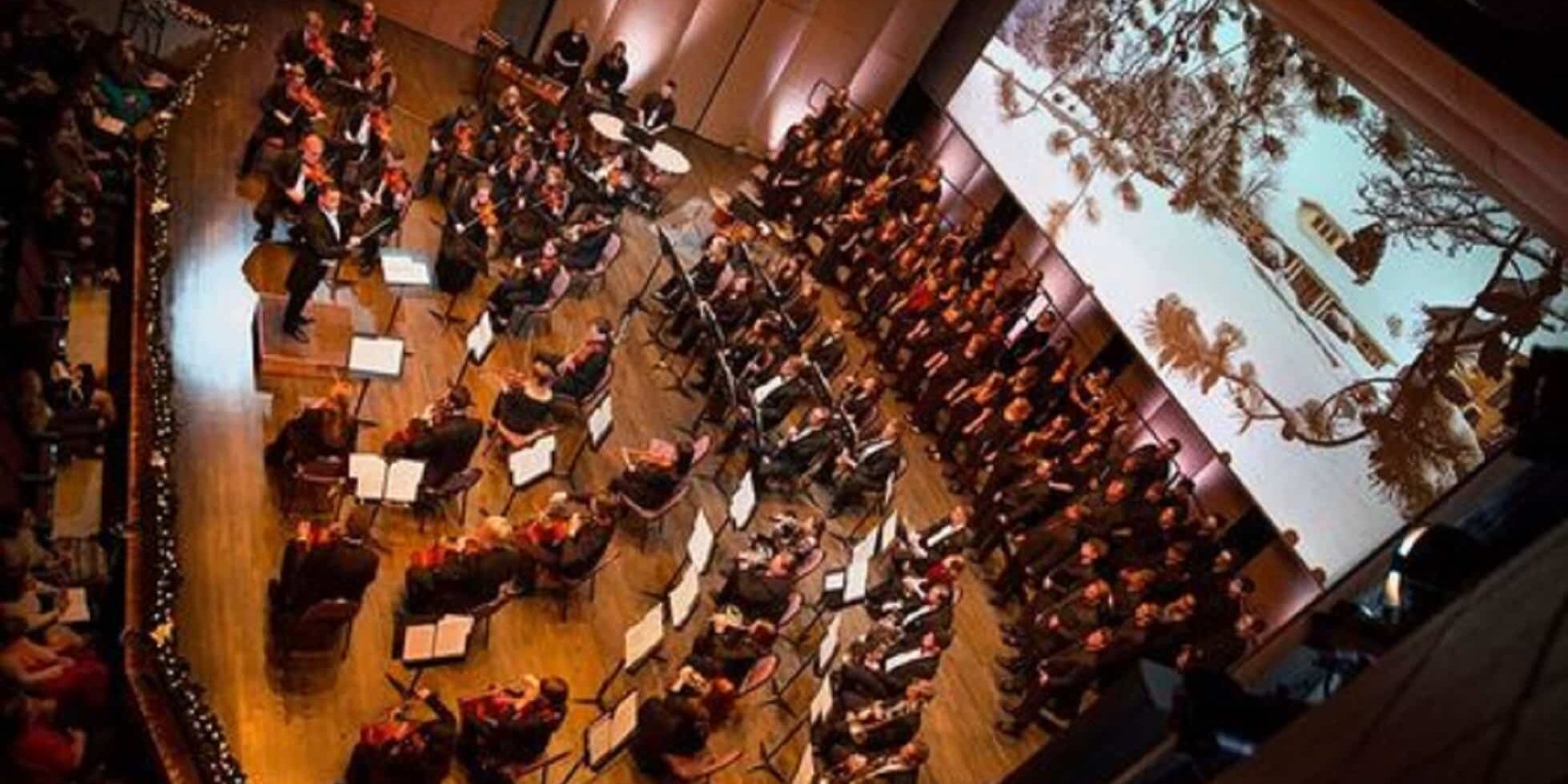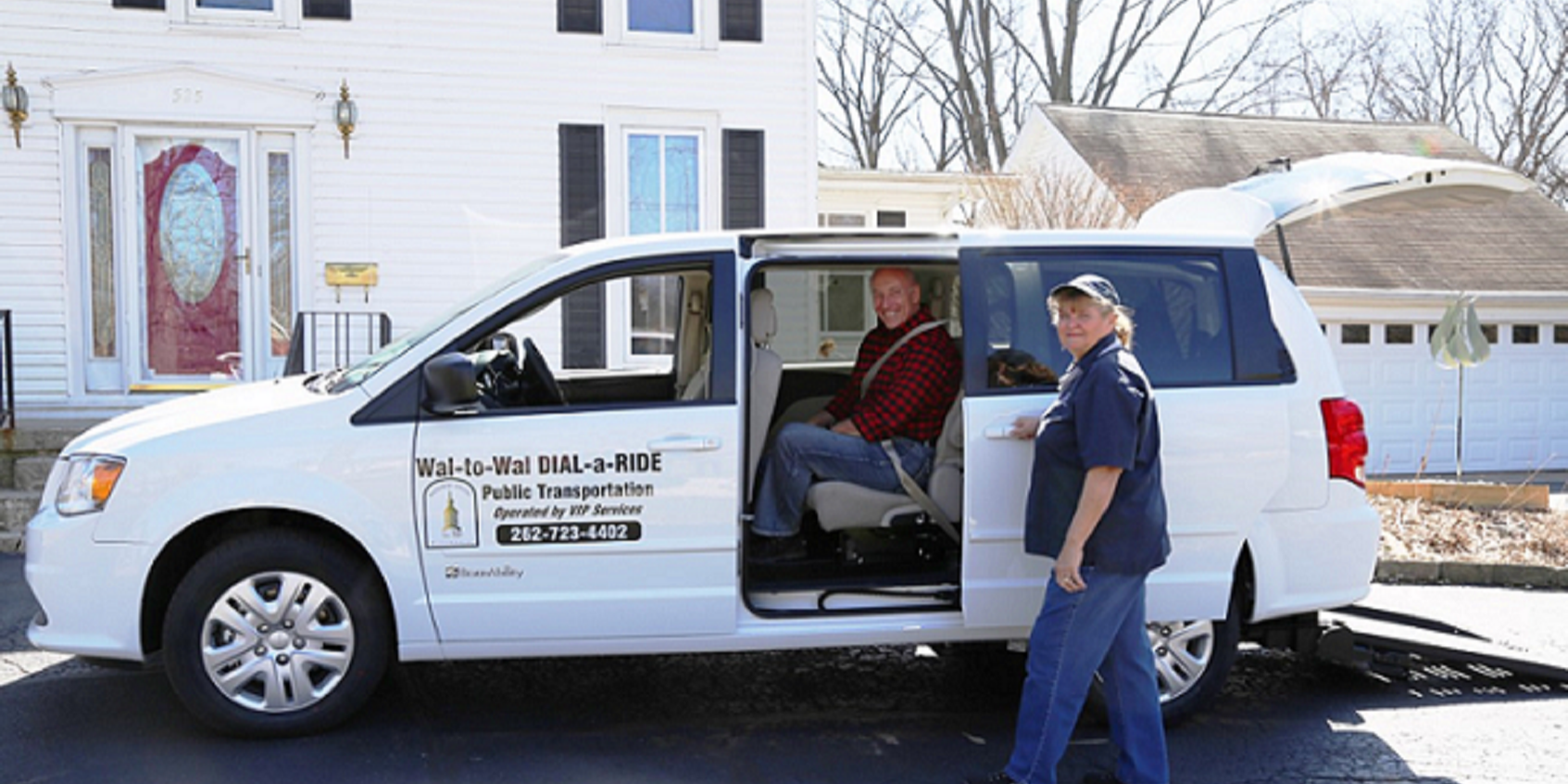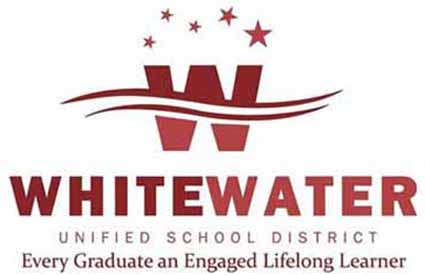
At its August 13 meeting, the Whitewater Unified School District board approved a resolution to place a referendum question on the ballot for November 6, 2018.
If approved, the referendum would provide expanded revenue limit authority over the next four years and generate funds that would go toward maintaining targeted class sizes, student support and mental health services, comprehensive instructional and co-curricular programs, technology, safety, and facilities infrastructure. It would replace a 2014 referendum, which is set to expire in June 2019.
“In placing the question on the November ballot, the district and board look to maintain what has made Whitewater schools so great,” said Casey Judd, board president. “We believe we must keep the programs and services currently available to our students now and in the years to come. We also must make the most efficient use possible of the money taxpayers have invested in our local schools. The solution that will be presented to voters achieves both of these ends.”
In Wisconsin, the amount of money a school district receives is restricted by a revenue limit, also known as a revenue cap. Every district has its own revenue limit, which is impacted every two years by the state budget and is highly dependent on changes in annual enrollment. WUSD’s revenue limits dictate the majority of its operational spending.
In recent years, state budgets have not increased revenue limits to keep up with inflation. Moreover, a decline in student enrollment means WUSD’s revenue limit is being reduced at a rate much faster than the district’s ability to realize the costs savings that can come from serving fewer students. In fact, the district’s current revenue limit is at the same level as in the 2010-11 fiscal year.
“While our state-imposed revenue limit has not increased for the past eight years, we’ve also seen rising costs related to inflation and investments in technology,” said Dr. Mark Elworthy, WUSD district administrator. “Our top priority is to continue our legacy of delivering a top-quality educational experience to each and every student.”
In addressing its needs, the district and board used an inclusive process, engaging community members to develop potential solutions that balance the district’s needs with those of the Whitewater community. This included the Citizen Finance Advisory Committee, a group of local business and community leaders.
If passed, the November referendum would result in a $0 tax rate increase in the first year, in keeping with past district referenda. It would then increase the levy rate $30 per every $100,000 of assessed property value in subsequent years.
To learn more about WUSD’s needs, the process the district has used to address them and the solution that will appear on the November 6 ballot, visit www.wwusd.org/referendum. The District will be scheduling information sessions for the community in September and October.

